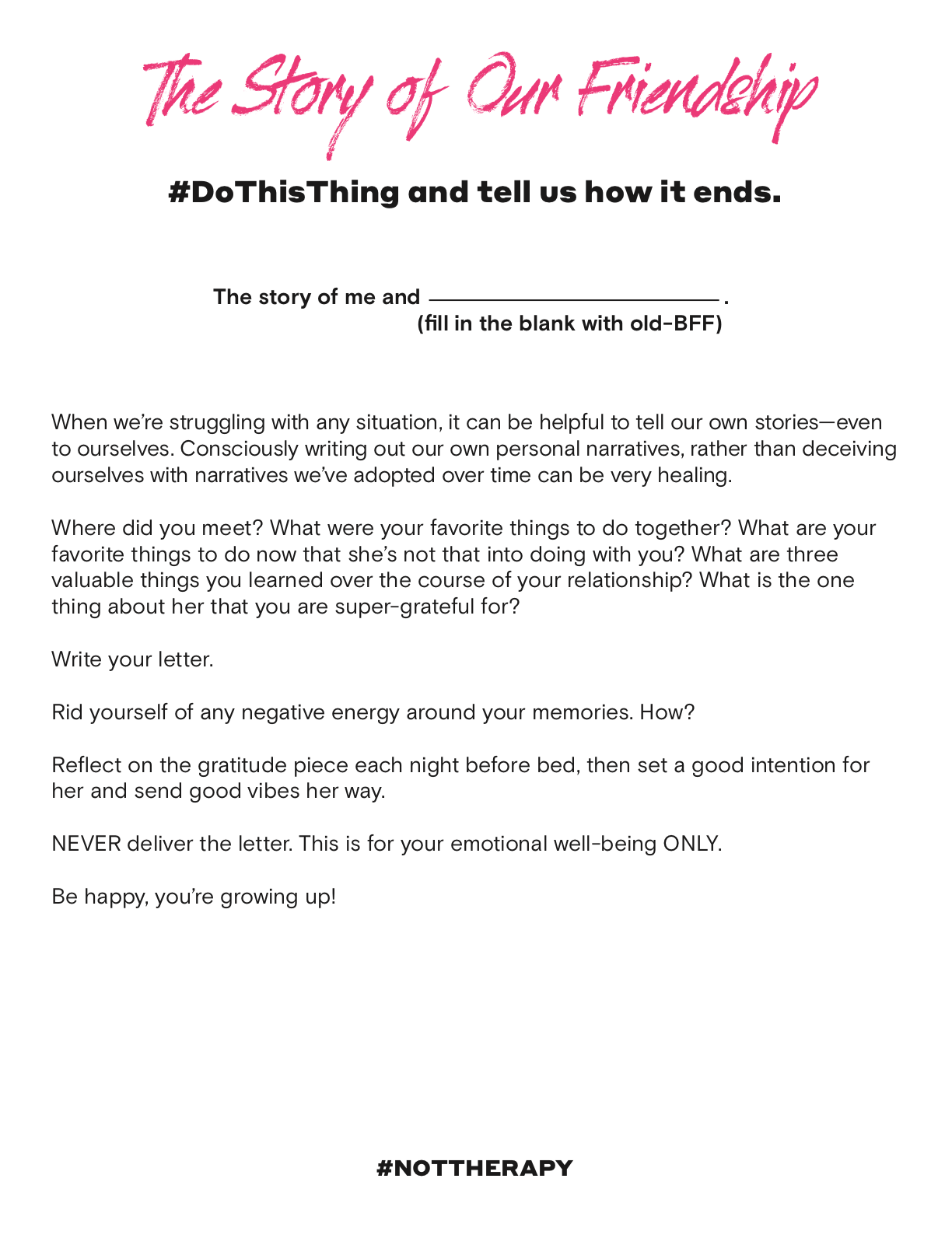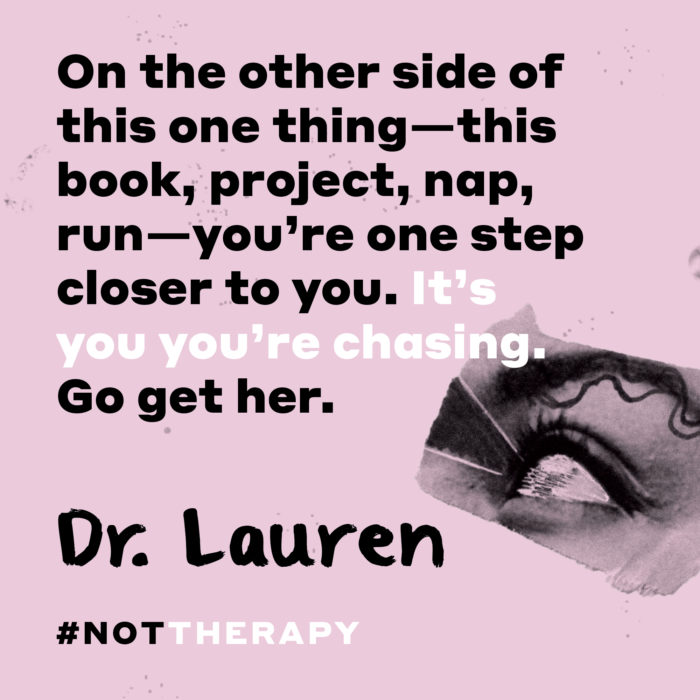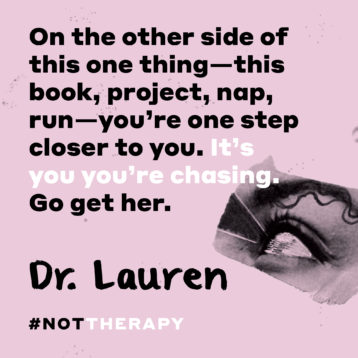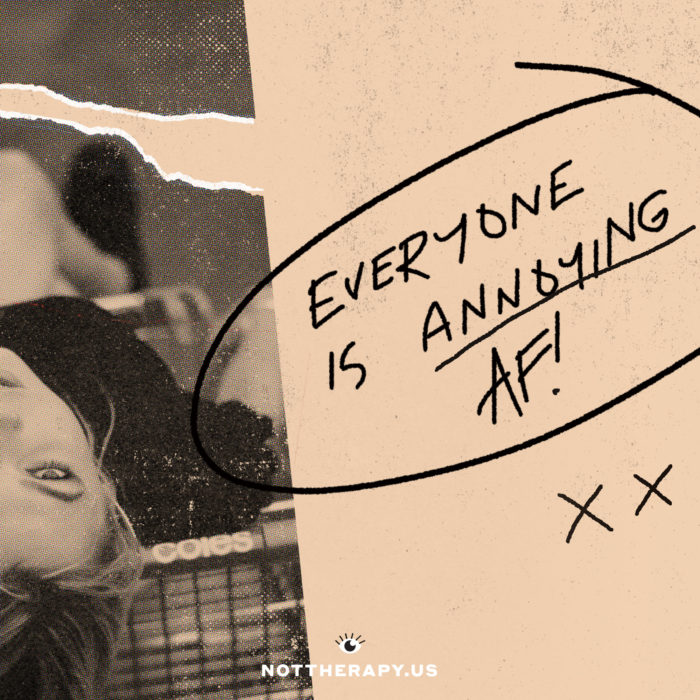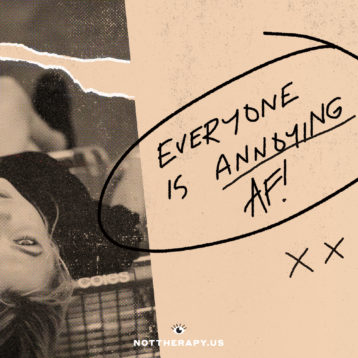Lately, I’ve been thinking lots about our own stories and how they relate to personal responsibility, our sense of control over a particular scenario or outcome, the way we perceive our strengths and weaknesses, and, most importantly, how we feel about ourselves and our own lives.
For decades, I owned other people’s shitty stories.
For example, if a boyfriend had cheated on me, I told myself that his lack of integrity and honesty was a part of my story.
What I’ve come to learn is that his lack of character had nothing to do with me. His shitty behavior was not my responsibility and, therefore, not a part of my story. How his behavior factored into my story had more to do with my responses. That chapter was NOT about compromised character and the pain that ensued, but rather about resiliency and hard-won boundaries, as I mustered up the energy and courage to leave his ass and stand up for myself, regardless of how it felt for me.
The main character, me, was a fighter. Strong. Powerful. (Even though I didn’t always feel that way.)
In the chapter of your book riddled with a girlfriend not loving you—that chapter is NOT about you being unloveable. That chapter is about you loving yourself, despite her inability to love and accept love in return. Her story is about the inability to love, not yours. Make sense?
Take this opportunity to write your story based on your learnings, responses and responsibilities.
In the end, I hope you’ll see clearly that the wisdom you gained from your relationship with this person is priceless, regardless of their place in your life today.
Ready, set, write…
Download this week’s worksheet here!
Photo by Tory Rust, worksheet by Jess Meoni.



